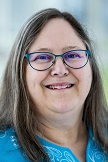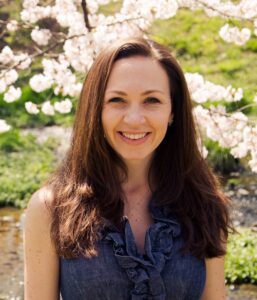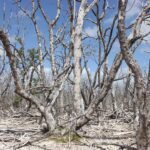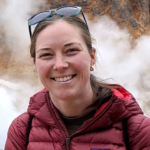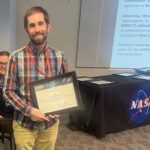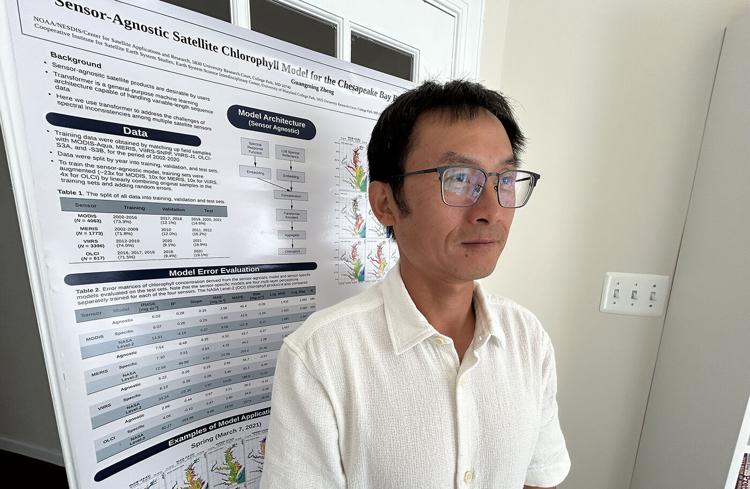 ESSIC/CISESS Scientist Guangming Zheng and colleagues at NASA and the Virginia Institute of Marine Science were recently featured in an article published in the Bay Journal, explaining their research on identifying dead zones in the Chesapeake Bay using artificial intelligence.
ESSIC/CISESS Scientist Guangming Zheng and colleagues at NASA and the Virginia Institute of Marine Science were recently featured in an article published in the Bay Journal, explaining their research on identifying dead zones in the Chesapeake Bay using artificial intelligence.
A dead zone is an aquatic area, such as a bay, with extremely low oxygen levels that cannot support most marine life. Their model called “HypoxAI” combines AI-powered analysis with the Chesapeake Bay Environmental Forecast System (CBEFS), a tool commonly used to forecast hypoxia in the Bay. It turns out that HypoxAI is more accurate than CBEFS alone, suggesting that including an AI aspect to CBEFS is a promising route to follow. Their peer-reviewed paper published in the journal Artificial Intelligence for the Earth Systems provides the scientific details.

